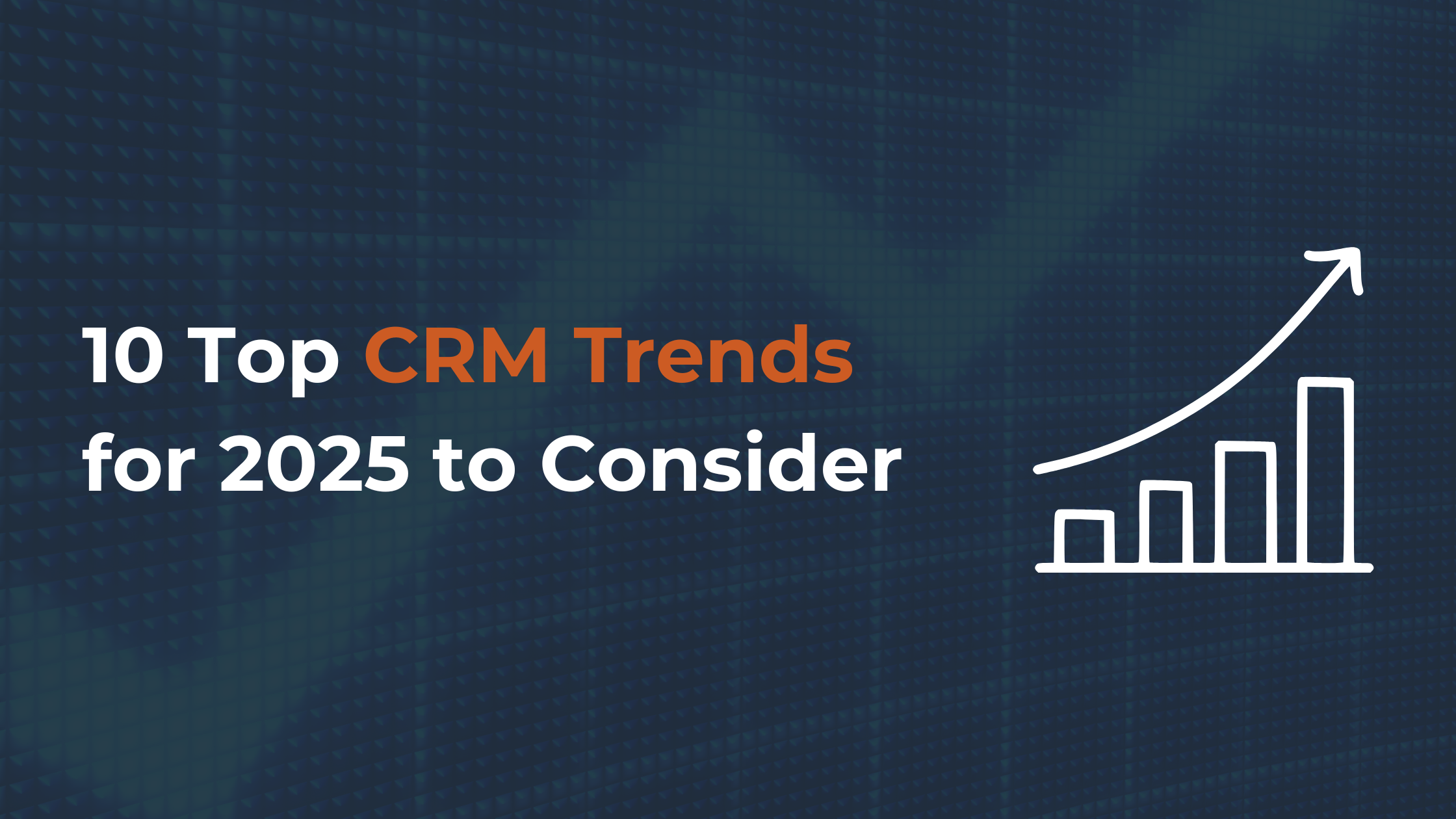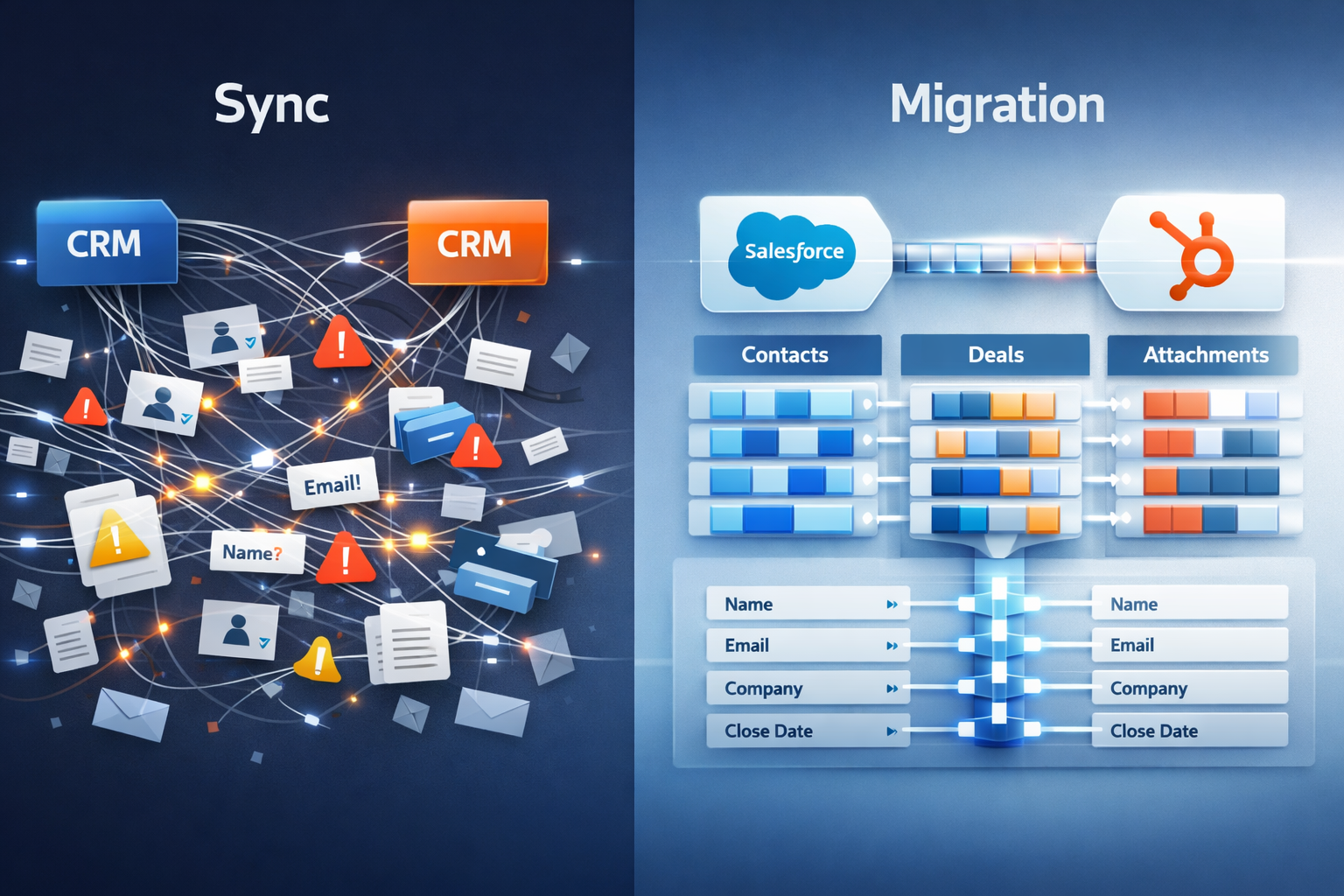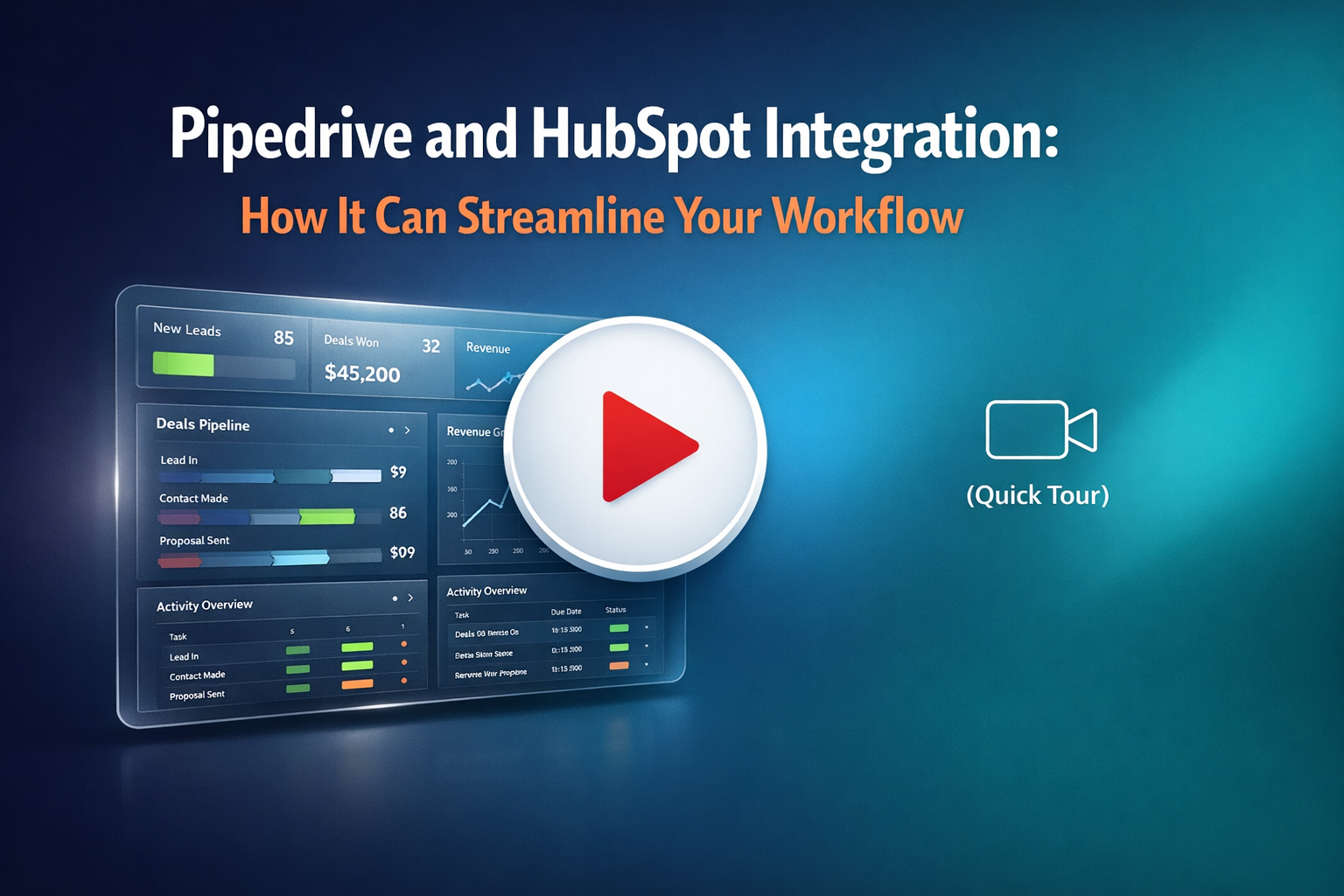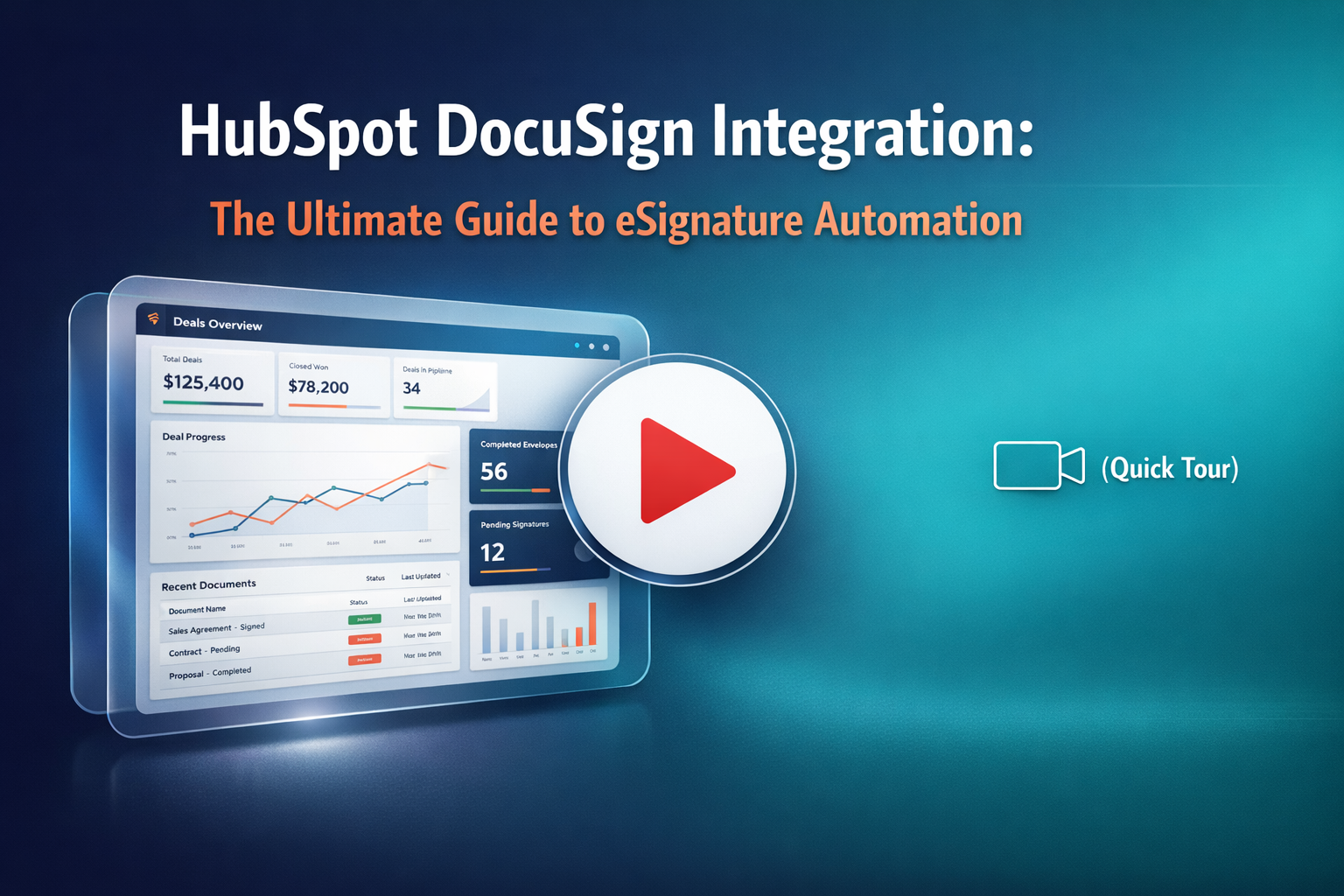Global CRM market
As per Fortune Business Insights, the global customer relationship management (CRM) market is expected to expand significantly, from $63.91 billion in 2022 to $145.79 billion by 2029. This represents a Compound Annual Growth Rate (CAGR) of 12.5% over the forecast period. Many leading CRM companies are based in North America, so the U.S. is anticipated to experience the highest growth.
Drivers of growth
In the years following the pandemic, the demand for automated customer interactions, the expansion of digital capabilities, and improvements in customer experience and service are expected to fuel global demand for CRM solutions across various industries. A survey by PWC Experience Center revealed that about half of the organizations found digital transformation to have enhanced their customer experiences. Consequently, many companies are adopting CRM systems as they shift towards more customer-centric service models.
Limitations of growth
However, the increasing frequency of data breaches involving CRM systems is a concern for software providers. CRM platforms often store large amounts of sensitive personal and business information, making data security a top priority for organizations. Furthermore, governments are introducing stricter data protection regulations, such as the General Data Protection Regulation (GDPR), to safeguard consumer data.
Top 10 CRM Trends for 2025
Here you can read about 10 main predictions of CRM solutions for 2025 to stay ahead of the competition.
1. Integration
Today, there’s software available for nearly every tech-related task that requires human involvement, including ERP solutions, HR management, accounting tools, and CRM systems, which make tech work more efficient. However, using multiple tools can strain your budget and become overwhelming. For a small business with fewer than ten employees, juggling different software applications might be impractical.
That's why CRM developers have expanded these tools beyond just contact management. The focus has shifted from basic customer service to providing an all-in-one solution that includes sales, marketing, and customer relationship management.
The trend now is toward software that either integrates multiple tools or is compatible with third-party applications. People prefer a streamlined technical setup with minimal applications, prioritizing usability.
It’s a good idea to choose CRM software that can connect with other tools. Easy integration means you won’t have to constantly switch between different software.
With its robust features, SyncMatters allows you to easily move, transform, and adjust data formats, making it an ideal solution for businesses seeking to integrate multiple systems without the hassle. As a leading data integration vendor, SyncMatters ensures that your CRM data remains consistent and reliable, enabling better decision-making and smoother operations across your organization.
2. AI-driven and customer-centric marketing
Many businesses are now prioritizing AI-driven, customer-focused marketing strategies over traditional mass media advertising. Artificial Intelligence has made its way into almost every sector, including IT, where it plays a crucial role.
In the CRM sector, AI allows companies to gain detailed insights into customer behavior, preferences, browsing history, and interactions. These insights enable businesses to create marketing campaigns that are more aligned with customer needs.
How AI will transform CRM by 2025:
- AI can evaluate customer behavior and recommend the most effective marketing channels for your business.
- By identifying the key factors causing customers to leave, AI helps in minimizing churn.
- Tasks such as gathering customer data, setting reminders, and managing emails can be automated, freeing up time for more strategic work.
- AI can understand customers' buying habits, budgets, and preferences, enabling personalized product and service recommendations.
3. Chatbots
Today's chatbots are advanced tools that offer several key advantages:
- Chatbots provide round-the-clock customer support, allowing human service agents to focus on more complicated issues. This ensures customers get quick help no matter the time zone.
- By accessing customer profiles and previous interactions in the CRM system, chatbots can personalize their responses. They can greet customers by name, refer to past purchases, and offer support that is more relevant to each individual.
- Chatbots can instantly handle common questions and basic issues, which greatly reduces the time customers spend waiting for assistance and speeds up the overall resolution process.
4. Personalization
Customers prefer to engage with businesses that prioritize their needs. Each customer has unique preferences and expects a shopping experience tailored to their specific requirements.
Consider companies like Netflix and Amazon. Both provide exceptional shopping experiences with a high degree of personalization. Amazon, for instance, monitors users' purchase histories, analyzes their browsing habits, and tracks their budget preferences. This data is then used to deliver personalized product recommendations.
The same principle applies to CRM software. The more data you input into the system, the better it can understand individual customers and tailor a personalized shopping journey for each one.
These systems come with powerful analytics and reporting capabilities, tracking key customer metrics such as favorite products, most searched items, and average spending habits.
5. Internet of Things (IoT)
The Internet of Things (IoT) links physical devices to the Internet, generating valuable customer data and is another CRM trend for 2025. By integrating CRM systems with IoT devices, businesses can gain real-time insights into customer behavior:
- IoT-enabled devices can transmit data about usage patterns and potential issues directly to your CRM system. This allows you to identify and resolve customer problems before they become serious, enabling a more proactive and preventative approach to customer service.
- For example, a fitness tracker that syncs with your CRM can suggest workout programs and dietary advice based on your activity data. This level of personalized recommendations can greatly boost customer satisfaction and loyalty.
- Leveraging IoT data provides a deeper understanding of how customers use your products. This information can be used to optimize product design, enhance user experience, and pinpoint areas for improvement.
6. Low-Code and No-Code Solutions
Low-code and no-code platforms are revolutionizing how businesses approach CRM:
- These platforms feature intuitive interfaces with drag-and-drop capabilities, enabling businesses to tailor their CRM systems without needing any coding expertise.
- A wide array of pre-designed templates and workflows is available to address specific business needs. Companies can easily modify these templates to suit their particular requirements, saving both time and resources.
- The simplicity of these CRM systems leads to higher adoption rates across the organization. This ensures that everyone is aligned in managing customer interactions, promoting better communication and collaboration.
7. Social CRM Solutions
Social CRM tools offer much more than just social media monitoring. Here’s how they help you actively connect with your audience:
- These tools enable you to respond to customer comments and messages directly from your CRM system, helping you create a sense of community and strengthen customer relationships.
- By delivering timely and helpful support on social platforms, you can turn satisfied customers into enthusiastic brand advocates who promote your business naturally.
- Social CRM solutions let you segment your audience based on their social media behavior and preferences, allowing you to tailor your marketing efforts for greater impact and engagement.
8. Digitalization
Digitalization is transforming CRM in several key ways. Today's CRM systems effortlessly connect with various digital tools and platforms, such as marketing automation software, project management tools, and customer self-service portals. This integration creates a unified hub for managing every aspect of the customer journey.
By consolidating data from multiple sources within your CRM system, you gain a comprehensive view of your customer base. This allows you to make informed decisions that enhance marketing efforts, improve customer service, and elevate the overall customer experience.
Digitalization empowers businesses to provide a consistent and engaging customer experience across all channels, whether it’s on the website, social media, or through email.
9. Mobile Accessibility
The era of solely relying on on-premises CRM software is over. Nowadays, businesses that support remote work have widely adopted cloud-based CRM solutions.
These systems allow your team to access various software modules anytime, from anywhere, and on any device. The popularity of mobile-compatible CRM solutions is easy to understand.
It’s not just about convenience—mobile-friendly CRM software is equipped with a wide range of features. In fact, some mobile apps offer the same functionality as their desktop counterparts.
With these mobile applications, you can handle all aspects of management, marketing, sales, and customer service directly from your phone, including tracking customer inquiries, providing timely responses, and updating the status of issues.
10. Security
Security is a critical element of any CRM solution, particularly for industries with sensitive data, such as healthcare.
Businesses seek CRM software that complies with both national and international regulations, like HIPAA. Data exchanged between cloud-based systems and customer devices is encrypted for protection.
Advanced security measures, such as the zero-trust model, are poised to become the new standard in CRM. This model requires verification of every access request before allowing entry into the system.
An ideal CRM is designed with privacy as a priority, collecting only the essential data needed for the customer’s buying journey, and storing it in an encrypted format.
Bottom Line: CRM Trends for 2025
As we look toward 2025, CRM systems are set to become even more integral to business strategies, evolving from simple customer management tools to comprehensive platforms that drive engagement, efficiency, and growth. The integration of AI and IoT, the shift towards low-code/no-code solutions, and the increasing emphasis on security and mobile accessibility are shaping the future of CRM.
Businesses will continue to seek systems that offer seamless integration, personalized experiences, and data-driven insights, ensuring that they stay ahead in a competitive market. The future of CRM is not just about managing customer relationships but about enhancing them through innovative, user-friendly, and secure solutions.








